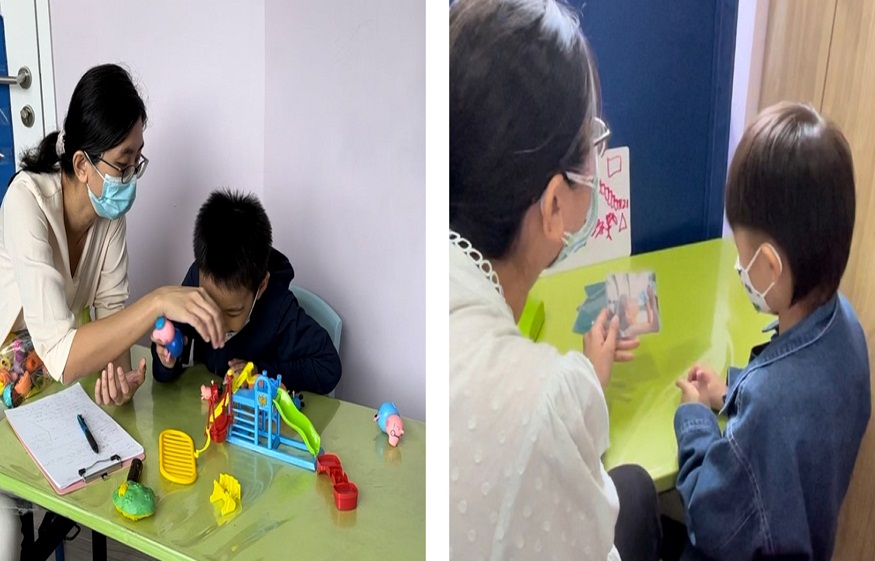Promoting speech therapy for adults in Singapore is crucial to ensuring that people get the help they need to enhance their quality of life and communication abilities. Many adults need speech therapy due to illnesses that affect speech and language abilities, such as stroke, traumatic brain injury, degenerative diseases, or other health concerns. This article provides practical tactics for supporting adult speech therapy, including awareness-building, need analysis, and system navigation.
Understanding Why Speech Therapy is Important
Adult speech therapy is frequently misinterpreted, with many people thinking it is mostly intended for youngsters. However, speech therapy can be very helpful for adults as well, particularly for individuals who have had medical issues that have affected their ability to swallow, speak, or use language. The first step in advocacy is to acknowledge the variety of requirements that individuals who require speech therapy have. To assist people recover their communication abilities, conditions including aphasia, dysarthria, apraxia, and voice difficulties sometimes call for professional attention.
Raising Awareness
It is critical to increase public awareness of the value of speech therapy for adults. Increased public awareness of the advantages and need of speech therapy can result in increased acceptance and support for individuals in need. Disseminating information about the difficulties persons with poor communication skills encounter can be accomplished through social media, community presentations, and local events. Showcasing achievements and fruitful results can encourage people to ask for assistance or lend support to advocacy initiatives.
Teaching Medical Professionals
Healthcare providers are essential when it comes to suggesting and granting adults access to speech therapy. Educating physicians, nurses, and other healthcare workers on the value of speech therapy can encourage more referrals and improved patient care. Promoting speech therapy services can be greatly aided by offering information, holding workshops, and working with medical facilities. Making sure medical professionals are aware of the warning indicators of speech therapy needs can result in earlier treatments and better outcomes for patients.
Getting Around the Healthcare System
Adults seeking speech therapy may find it difficult to navigate the healthcare system. Understanding how to get referrals, insurance coverage, and available resources is essential. Advocates should become acquainted with the healthcare policies and processes pertaining to speech therapy. They can aid people in locating licenced speech-language pathologists and educate them about their rights and choices in the medical system. Making sure patients and their families are informed can help them effectively advocate for themselves.
Working Together with Support Groups
Support networks and organisations that specialise in a given medical issue can be helpful allies in promoting speech therapy. Working together with these organisations can strengthen advocacy campaigns and give the cause a more powerful voice. Support groups can help people and families navigate speech treatment by sharing experiences, offering resources, and offering emotional support. Collaborative advocacy efforts, petitions, and awareness-raising occasions can help the cause gain more traction and support.
Seeking Expert Advice
Individuals seeking adult speech therapy can benefit from the systematic and tactical help offered by professional advocacy services. These programmes can help in overcoming bureaucratic roadblocks, give advocacy training, and provide legal guidance. Expert advocates can also communicate with insurers and healthcare professionals to guarantee that people obtain the required therapy without unwarranted denials or delays. Seeking expert advice can guarantee that people receive the right care and increase the efficacy of advocacy initiatives.
Conclusion
Raising awareness, educating medical professionals, navigating the healthcare system, working with support organisations, and obtaining expert advice are all part of advocating for adult speech therapy. By using these techniques, you can make sure that adults in need of speech therapy get the assistance they require to enhance their quality of life and communication skills. We can provide people in need of speech therapy with a more knowledgeable and encouraging atmosphere by coordinating our advocacy efforts.

